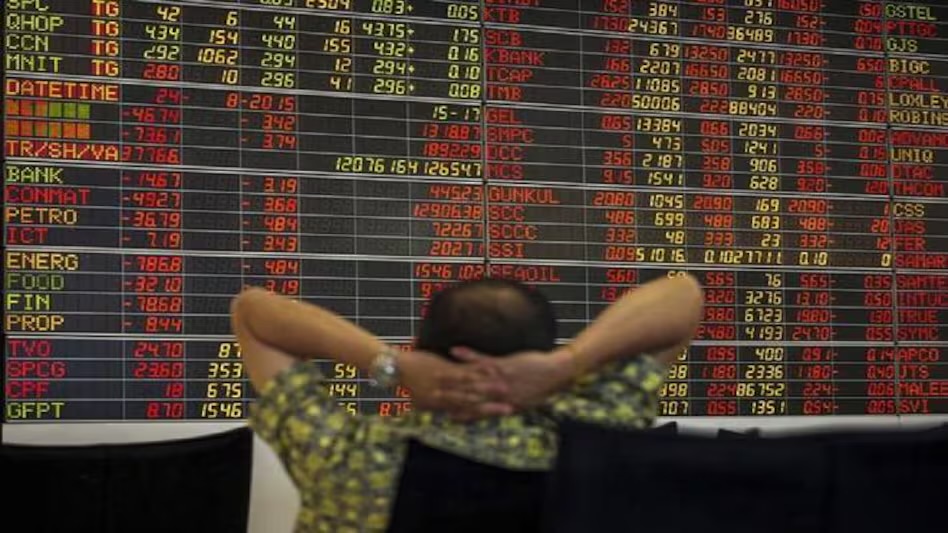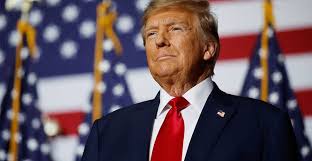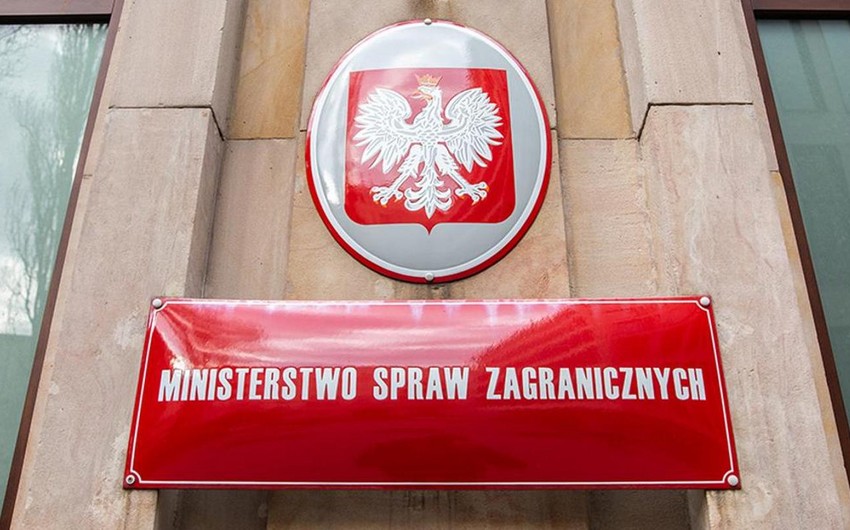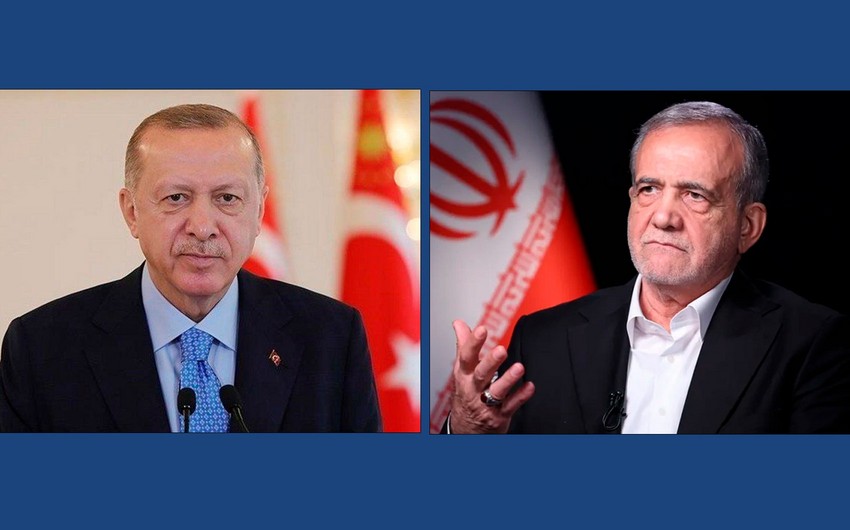The first week of August has been nothing short of a nightmare for global stock markets, as fears of a looming US recession sent shockwaves through financial centers from New York to Tokyo. The economic pessimism emanating from the United States has not only destabilized its own markets but has also triggered a worldwide sell-off, highlighting the fragility of the global economic landscape.
The latest economic indicators from the United States paint a troubling picture. The non-farm payroll report for July revealed that only 114,000 jobs were created, far below the expected 175,000. This disappointing figure, coupled with an increase in the unemployment rate from 4.1% to 4.3%, has shattered confidence in the US economy's resilience. The US Federal Reserve's decision to keep interest rates unchanged, despite these signals of economic weakening, has further exacerbated concerns. Investors are now anxiously anticipating a potential rate cut in September or even sooner, as the central bank grapples with the possibility of a recession.
The impact of this economic uncertainty has been severe. The tech-heavy Nasdaq index plunged nearly 3%, officially entering correction territory. Meanwhile, the broader S&P 500 and Dow Jones Industrial Average also suffered significant losses. The fear of a recession is not limited to the United States; it has spread across the globe, affecting markets in Europe and Asia.
The reaction in global markets underscores a critical issue: the overreliance on the US economy as a bellwether for global economic health. European markets saw sharp declines, with technology stocks taking a particular hit. France's CAC 40 and Germany's Dax both recorded significant losses. In Asia, Japanese equities experienced their worst day since the onset of the COVID-19 pandemic, with the Nikkei 225 falling by 5.8% and the broader Topix dropping by 6.1%. These declines were echoed in other markets, including Australia and Hong Kong.
This widespread market turbulence highlights the interconnectedness of the global economy. The fear of a US recession has led to a flight to safety, with investors flocking to assets like gold, which hit a fresh record. The 10-year US Treasury yield also fell to its lowest since December, as investors sought the relative security of government bonds.
The technology sector, often viewed as a growth engine for the global economy, has not been immune to the downturn. Major tech companies like Amazon and Intel reported disappointing earnings, further eroding investor confidence. Amazon's shares fell nearly 9% after it missed sales forecasts and issued a gloomy outlook. Intel's stock plummeted 28% following a weak earnings report and news of significant job cuts.
The semiconductor industry, a crucial component of the tech sector, has also been affected. Intel's poor performance was mirrored by other companies in the industry, including Nvidia, whose shares fell amid concerns about regulatory scrutiny and the uncertain future of artificial intelligence technologies. The once-high-flying AI sector is now facing skepticism as investors question the return on investment in this rapidly evolving field.
The current market conditions suggest a significant shift in the economic narrative. For months, investors had been buoyed by the expectation that the Federal Reserve would cut interest rates, providing a boost to the economy. However, recent data suggests that the US economy may not be as robust as previously thought. The slowdown in job growth, coupled with rising unemployment, indicates that the economic recovery may be losing steam.
The possibility of a recession in the United States raises important questions about the sustainability of the global economic recovery. The US has long been considered the engine of global growth, but its recent economic performance suggests that it may no longer be able to play this role effectively. The Fed's reluctance to cut rates in response to these developments has only added to the uncertainty, as investors worry that the central bank may not be acting quickly enough to stave off a downturn.
While the focus has largely been on the potential for a US recession, it is important to consider the broader implications of American economic policy. The US has been criticized for its inward-looking approach, particularly under recent administrations, which has led to trade tensions and a lack of global cooperation. The current market turmoil can be seen as a consequence of this approach, as the US's economic problems ripple across the globe.
Moreover, the Fed's cautious stance on interest rates reflects a deeper issue: the lack of a coherent economic strategy. While low unemployment and steady economic growth were previously cited as evidence of a strong economy, the reality is more complex. The US has seen sluggish wage growth, rising inequality, and a growing number of people disengaged from the labor market. These structural issues suggest that the US economy is far from healthy, and the current market volatility may be a symptom of these deeper problems.
The recent global market turmoil serves as a stark reminder of the interconnectedness of the world's economies and the outsized influence of the United States. While the immediate focus may be on the potential for a US recession, the broader picture is one of a global economy grappling with uncertainty and instability. As the world watches the US Federal Reserve's next moves, it is clear that a more comprehensive and cooperative approach is needed to address the challenges facing the global economy. The current crisis should be a wake-up call for policymakers and investors alike, highlighting the need for a more nuanced and proactive approach to economic management.
About Author:
Qaiser Nawab, serving as the President of the Belt and Road Initiative for Sustainable Development (BRISD), is an expert in International Relations and Risk Analysis.










